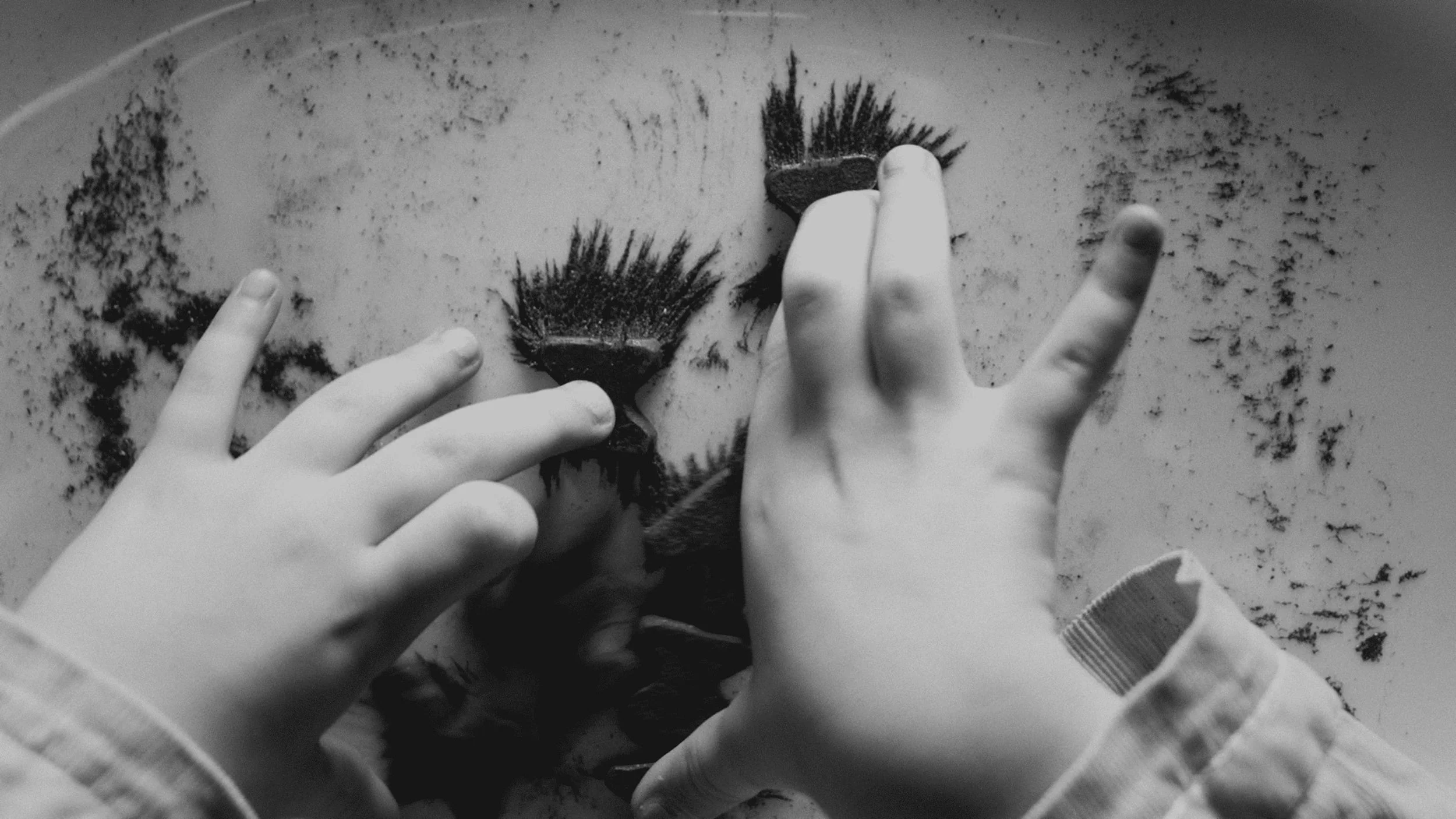Sundance 2023: Iron Butterflies
Sundance Film FestivalCinema, and particularly the documentary genre, has had a long history when it comes to the capturing and examination of modern events with it feeling rather obvious that the 2022 Russian invasion of Ukraine would spark a new focus for the medium. While some projects have focused on capturing the modern interactions and tragedies surrounding this turbulent and violent relationship, some have turned their perspectives to the past to expose previous injustices and create a more informed look at the events of today. Screening as part of the 2023 Sundance Film Festival, Roman Liubyi's Iron Butterflies is just this type of feature. Drawing connections to the modern conflict between Ukraine and Russia with a 2014 incident that saw Russian forces strike down a passenger plane traveling from Amsterdam to Kuala Lumpur over Ukraine, Iron Butterflies is an incredibly experimental and unique documentary that plays better into the emotions of the situation rather than the specific details.
The narrative structure within Iron Butterflies is a unique one. Between interviews and news coverage, the film engages with a more holistic capture of the emotions and reactions to these tragic events. From children's drawings to interruptive dance, Iron Butterflies is an artistic piece that asks the audience to engage with vibes and visceral reactions to art in an incredibly effective and moving way. The film holds the weight not just of the modern tragedies, but also of the 298 deaths from this attack with a real maturity and gravitas that is unlike much of the modern documentary genre. Rather than speaking only to the facts, Iron Butterflies speaks to the humanity behind these events and takes time to see what the emotional reaction also has been. This is also the part of the film where the editing by Roman Liubyi and Mila Zhluktenko gets to shine with the film having one of the most inspired yet crafted edits in recent memory.
This is a choice that is key to understand before going into Iron Butterflies. With such an experimental layout and focus, the film makes the conscious decision to at times put clarity and factual understandings to the side. Those who know very little about this conflict will more than likely struggle to keep up with the film at several points as there is practically no foundation given to the audience regarding these forces and their ultimate motivations. It doesn't help that the base situation is also wildly complex considering the evolution beyond just focusing on Ukraine and Russia as the Netherlands also plays a key role in the political debate surrounding the incident.
Perhaps the messiest side of the film comes from its connection between past and present. Examining the past to find nuanced truths about the present is a worthy endeavor, yet Iron Butterflies sometimes feels confused in this journey. Obviously, the film wants a clean purpose and relevance to today's conversation, yet the events of 2014 are far from a perfect match. The film tries to build deeper connections and through-lines, with undeniable success in some areas, but sometimes feels as if it is sacrificing moments where it might be more beneficial to truly sit with the weight of the tragedy for what it meant in 2014. While this connection might be key for having modern audiences invest in the history, with so much of the already limited 84-minute runtime dedicated to a more experimental focus, the film can struggle to take a moment to breathe and let the audience take everything in on a more base level.
Iron Butterflies is one of the more unique documentaries to come out in recent memory. Using experimental filmmaking to analyze past trauma and find modern connections, there is no denying that the deeper core of emotions strikes with a poignant venom even if the base level of understanding can sometimes be more mixed. The editing for the project is dynamic and while some might be confused at points, it is clear that Iron Butterflies is a worthwhile and important watch


